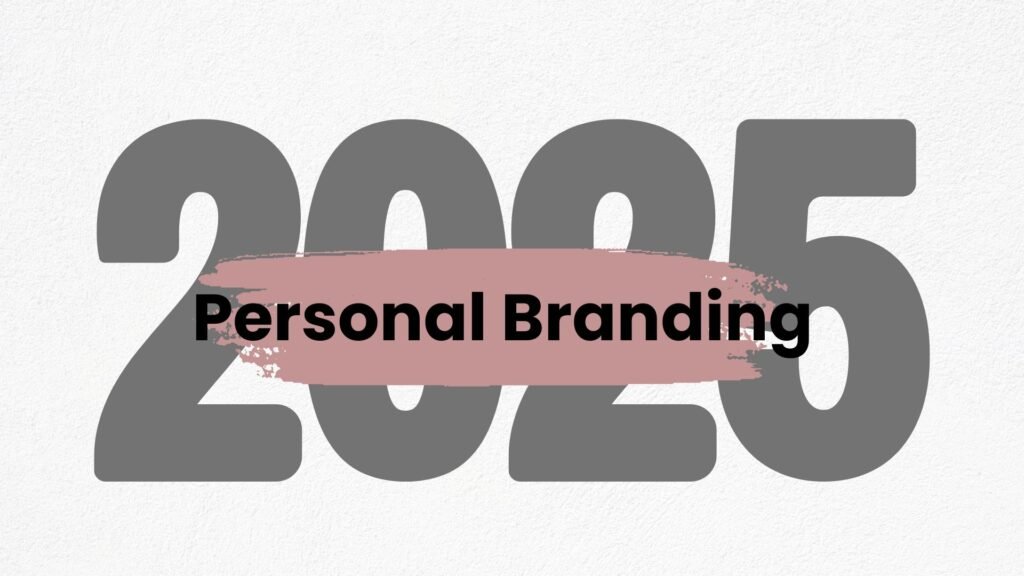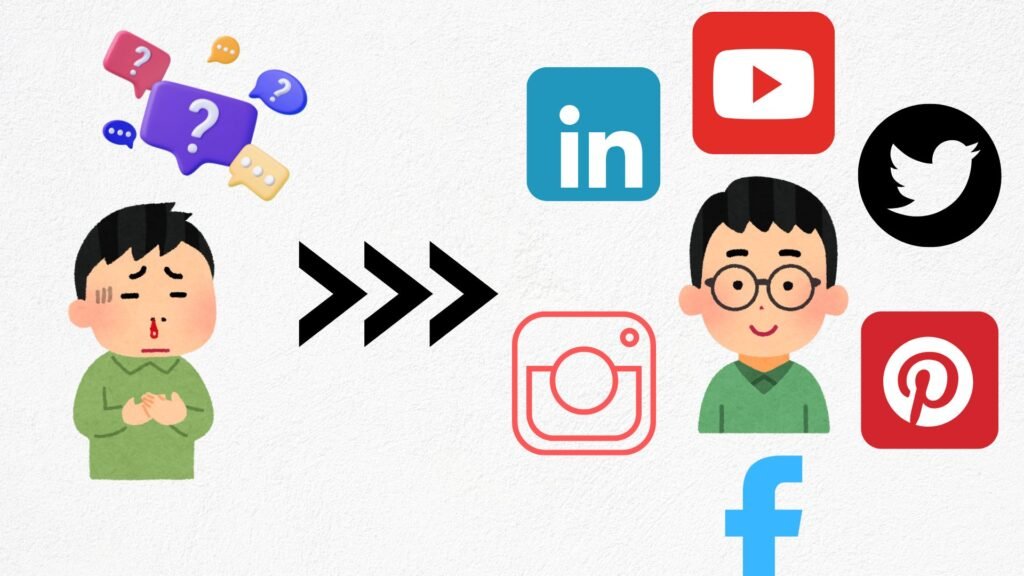Introduction
In today’s fast-moving digital world, how you present yourself matters more than ever. Whether you’re a freelancer, entrepreneur, or working professional, your personal brand is what sets you apart. It’s how people perceive you, what they remember about you, and why they choose to work with you. A strong personal brand can open up new opportunities, grow your career, and help you build meaningful connections. But here’s the thing—personal branding isn’t just about self-promotion. It’s about being authentic, adding value, and consistently showing up as the best version of yourself.
What is Personal Branding?
Think of personal branding as your professional reputation. It’s what people say about you when you’re not in the room. It’s your unique mix of skills, experiences, and personality that makes you stand out. Instead of letting others define you, personal branding gives you the power to shape your own story. In today’s online-driven world, first impressions often happen digitally—through LinkedIn, social media, or your website—so having a clear and strong personal brand is essential.
Why Personal Branding Matters in 2025

The job market and business landscape are more competitive than ever. If you want to stand out, you need more than just a great resume or portfolio—you need a personal brand. A well-defined personal brand builds trust, establishes credibility, and makes it easier for people to connect with you. Studies show that professionals who actively manage their personal brands attract more job offers and business opportunities. Simply put, if you’re not branding yourself, you’re letting others do it for you.
As a digital marketing mentor in Kerala, I’ve built my personal brand by consistently sharing industry insights, mentoring aspiring marketers, and engaging with my audience across platforms. Through LinkedIn, blogs, and workshops, I establish credibility, connect with professionals, and position myself as a trusted expert in the digital marketing space. 🚀
This placement makes your example seamlessly relevant while also allowing you to hyperlink your keyword effectively. Let me know if you’d like to tweak it further!
Key Elements of a Strong Personal Brand
Creating a compelling personal brand isn’t just about posting on social media. Here are the core elements that make up a strong personal brand:
- Authenticity: Be yourself. People connect with real, genuine individuals.
- Unique Value Proposition: What sets you apart? Identify your strengths and highlight them.
- Consistent Online Presence: Keep your LinkedIn, website, and social media profiles aligned with your brand.
- Content Creation: Share your insights through blogs, videos, or podcasts to position yourself as an expert.
- Networking & Engagement: Build relationships, join conversations, and stay active in your industry.
Steps to Build a Personal Brand
Building a personal brand takes time, but it’s worth the effort. Here’s a simple roadmap to help you get started:
- Find Your Niche: What are you passionate about? What do you want to be known for? Define your expertise.
- Tell Your Story: Your journey, experiences, and values make your brand unique—share them.
- Optimize Your Online Presence: Ensure that your LinkedIn, personal website, and social media reflect your brand clearly.
- Create Valuable Content: Share your knowledge through blog posts, videos, or social media updates to engage your audience.
- Engage & Network: Comment, collaborate, and connect with like-minded professionals in your industry.
- Evaluate & Adapt: Use feedback and analytics to refine your branding strategy over time.
Choose the Right Social Media Platforms
Choosing the right social media platform is crucial for building a strong personal brand. Not every platform suits every brand, so it’s important to focus on where your audience is most active. Here are some of the best platforms for personal branding:
- LinkedIn – Ideal for professional networking and thought leadership.
- Instagram – Great for visuals, storytelling, and lifestyle branding.
- Twitter/X – Perfect for real-time engagement and industry discussions.
- YouTube – Best for long-form video content and tutorials.
- TikTok – A great choice for short, engaging, and trend-driven content.
Once you’ve selected the right platforms, optimizing your profile is key. Your profile is your digital business card, so make sure to use a high-quality profile picture that represents your brand, craft a clear and compelling bio, add relevant keywords for discoverability, and include a strong call-to-action (CTA) like “Follow for digital marketing tips.”
With your profile set up, the next step is to create valuable and engaging content. Focus on educational content that teaches your audience something useful. Share personal stories and experiences to build authenticity. Provide behind-the-scenes glimpses into your journey. Encourage engagement through polls, Q&As, and discussions on trending topics.
Consistency is essential to maintaining an effective online presence. Posting regularly—whether daily or a few times a week—helps keep your audience engaged. Sticking to a consistent theme, tone, and branding across platforms strengthens your identity, and using a content calendar can help you stay organized and plan your posts in advance.

Common Mistakes to Avoid in Personal Branding
Even the best personal brands can make mistakes. Here are some pitfalls to watch out for:
- Being Inconsistent: If your message and branding differ across platforms, it can confuse your audience.
- Ignoring Engagement: Personal branding isn’t just about you—it’s about building relationships.
- Neglecting Reputation Management: Outdated profiles or negative feedback can harm your brand. Stay proactive.
The Bottom Line
In today’s world, personal branding is no longer optional—it’s a necessity. A strong personal brand helps you build trust, attract opportunities, and create a lasting impact. By being authentic, consistent, and engaging, you can craft a brand that truly represents who you are and what you stand for.